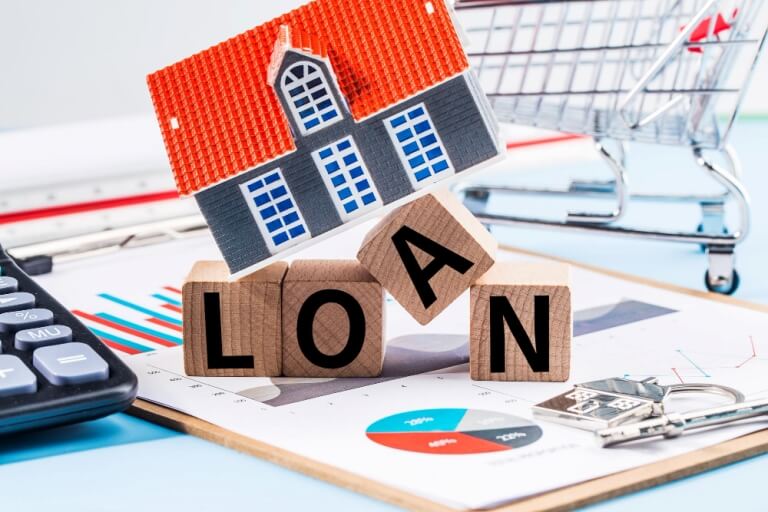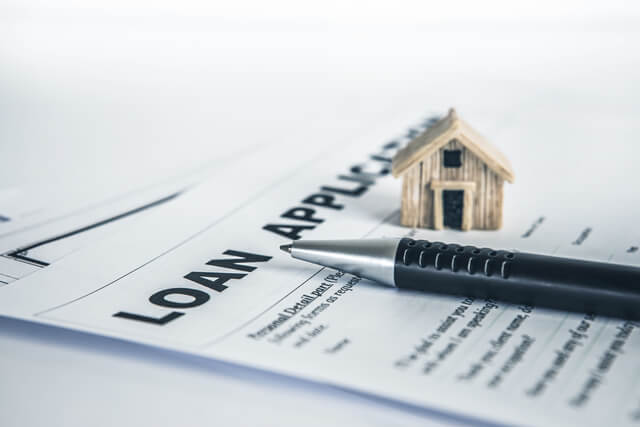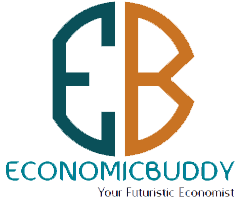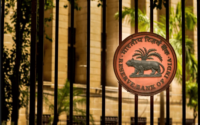Which Loan Should You Pay off First?
In today’s days, it is very hard to find any salaried individuals who don’t have any kind of loan.
Being a financial product, loans have been the most popular and will continue to remain so among the people because of their ability to boost purchasing power.
Having some kind of loan is not a problem. But problems arise when people over-depend on loans.
If you are in a similar situation and having trouble with multiple loans, then you should urgently prioritize your loan repayments.
Prioritizing your loans will ensure that all your loans are cleared in a systematic manner within a short period of time. Along with that, your available monthly surplus will get a boost too.

How can you pay off your loans?
Pay off the highest-interest debt first
One of the best methods to get out of the trouble of loans is to pay off the highest-interest debt first. It will allow you to save more money and redirect funds to other financial goals.
Loans with the highest interest rates are the debt that cost you the most. So there’s a good reason to pay off your highest-interest debt first
Sometimes, Credit cards with higher-than-average APRs are basically hard to pay off. Anyone who has a student study loan or mortgage loan is well acquainted with the frustration of making monthly payments that only pay off the interest, not the principal.
So If you want to get rid of those high-interest debts as soon as possible, you must focus your debt repayment efforts on your highest-interest debt first. This method is commonly termed as the avalanche method.
If you also have some other loans to pay off, it is suggested to keep making the minimum monthly payments on all of your credit card bills and loans, but you should also put every extra penny toward the card or loan with the highest interest rate.
However, one major drawback of the procedure is If your largest debt also has the highest interest rate, it may take a longer period to pay it down. It may discourage some people to pay off loans, and increase the likelihood of giving up on the strategy.
While focusing on paying the highest-interest debts initially is a smart move, it isn’t the best option for everyone. This avalanche method of paying off loans might also be discouraging if you have a huge debt since paying it off could feel impossible.
Some of the highest debt loans are given below which you should pay off first.
Personal loans
Personal loans are one of the costliest loans when it comes to interest rates because these loans are unsecured and are basically advanced on the basis of the credit history of the borrower and the ability to repay the loan amount from available income sources.
Although EMIs need to be serviced regularly and on their time, it is advisable to close the high-interest loans as soon as possible so that you can have some surplus funds at your disposal.
Gold loans, auto loans, loans against FDs
These loans don’t provide any kind of tax benefits to the customer and should generally be paid off first based on the interest burden.
Educational loans
Once you are done paying off these above-mentioned loans which are listed above, then should you focus on paying off education loans.
Education loans are not that much costly as personal loans and also receive some tax benefits on the interest component. So payment of interest on educational loans is partially offset by tax benefits.

Home loans
Basically, home loans have very lower rates of interest in comparison to other loans, but on longer tenures, sometimes it may run into decades.
So one can avail of the tax benefits on both the principal and interest payments. How and when a home loan can be closed basically depends on the tenure of that loan.
In starting years, a major amount of EMI payments basically go towards interest payments. But, It is in the last few years that these loans account for principal repayments.
So, it is advisable to consider prepayment of the loan amount during the first half of the loan tenure. Considering the tax benefits of home loans off, they should be paid first off after servicing all other loans.
Pay off the smallest debt first
Paying off the smallest debt first helps to build motivation among customers and encourages them to stick with the plan.
When most people consider paying off their debt based on the interest rate, some other people choose to pay off their smallest debt first and work on their way up to the largest one.
This debt repayment method is termed the debt snowball because it begins with small money and grows over time.
The snowball method of loan repayment works well because paying off a debt in full incentivizes keep you to stay motivated toward your goal. and as you pay off your smaller debts one by one, you’ll have some money to put toward your larger debts.
However, one of the major drawbacks of paying the smallest debt first It may take a longer time to become debt-free, and you may pay more in interest.
You might end up paying more money in interest rather than you would have paid if you start paying off your highest-interest debt first, but the psychological benefits of getting rid of those smaller debts as quickly as possible can be very rewarding.
To get started with the process of the debt snowball, you should first list all of your current debts along with their current balances from low to high.
Then Continue to pay the minimum monthly payment on all of your debts and also put some extra money toward your payment of the smallest debt.
Once that smallest debt is paid off, then put your extra money toward your next-smallest debt, and carry on like this. The bigger you will build your debt snowball, you’ll get that much closer to debt freedom.

Use a balanced method
You also can use a balanced method to pay off your loans. One of the key advantages of using a balanced method is You can make your debt repayment plan your own. Along with that, if you have any kind of emergency, you could manage that expense without sacrificing your goal of getting out of debt.
However, one of the major drawbacks of this method is that without having a proper and clear strategy, it may cause you to lose motivation.
In the above two methods can be overwhelming. Attacking the largest debt may feel like a very large financial feat. On the other hand, Smaller debts can also wait in comparison to more pressing circumstances, such as debts that have fallen into collections.
Then What can you do in such scenarios? Use a balanced approach that is exclusively your own.
Bottom line
It can be very challenging to decide which debt or loans you should pay off first. there are several debt payoff methods are mentioned above to choose from, or you could also combine any of these strategies to create a tactical plan that improves your financial situation and keeps you stay motivated.
Just make sure that whatever the plans you choose for yourself are realistic for you, so just put it in writing, commit to taking action towards it and stay in the course until you reach the finish line.
*image source from Google
Check More News on World Economy:



